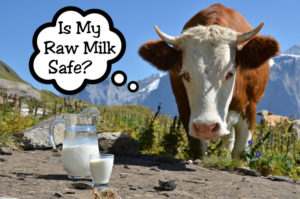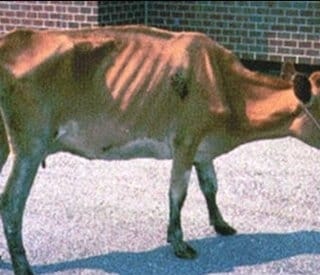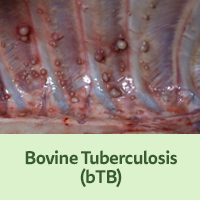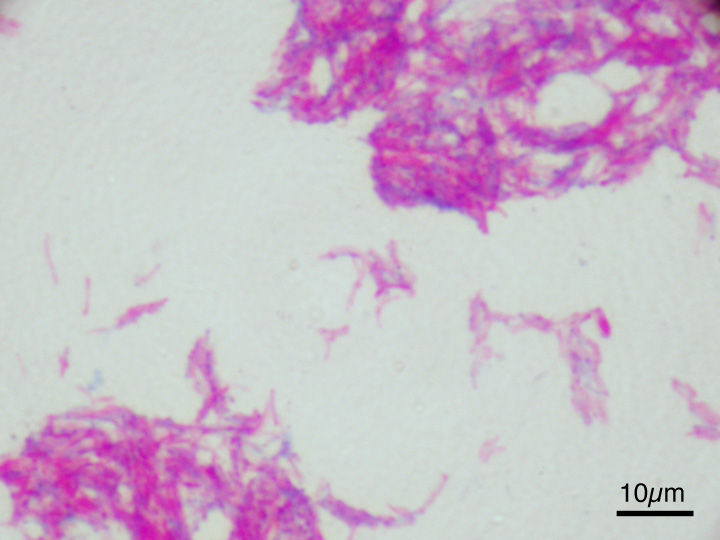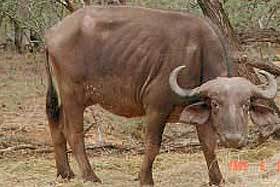
Bovine TB is a chronic disease of cattle caused by Mycobacterium bovis (M. bovis). It can be hard to detect at first because the bacteria is covered in a waxy coat and grows very slowly. During the first half of the 20th century, M. bovis is estimated to have been responsible for more losses among farm animals than all other infectious diseases combined.
Infected cattle are the main source of infection. A healthy animal can either inhale or ingest the bacteria shredded or spread by infected animals in respiratory secretions and aerosols. Animal transport can also spread the bacteria over long distances.
Clinical signs shown by infected cattle are :-
- Emaciation
- Fluctuating temperature
- Rough hair coat
- Bronchopneumonia
- Intestinal ulcer, diarrhoea
India has been the largest milk producing country of the world for the last 22 years. In 2018-19, India’s milk production stands at around 176.4 million tonnes (MT) which is around 20% of world milk production. We are first among all countries in both production and consumption of milk. This dairy industry is standing on shoulders of over 300 million bovines in India who stand at risk of this deadly disease.

According to a 2018 study by Sreenidhi Srinivasan et al, “Despite the considerable economic costs and zoonotic risk consequences associated with the disease, accurate estimates of bTB prevalence are lacking in many countries, including India, where national control programmes are not yet implemented and the disease is considered endemic. Based on a random‐effects (RE) meta‐regression model, the analysis revealed a pooled prevalence estimate of 7.3% (95% CI: 5.6, 9.5), indicating that there may be an estimated 21.8 million (95% CI: 16.6, 28.4) infected cattle in India—a population greater than the total number of dairy cows in the United States. Taken together with the projected increase in intensification of dairy production and the subsequent increase in the likelihood of zoonotic transmission, the results of our study suggest that attempts to eliminate tuberculosis from humans will require simultaneous consideration of bTB control in cattle population in countries such as India.”
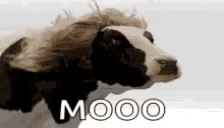
Can Bovine TB affect humans and their pets?
Yes! The bacteria can affect all the warm blooded animals including humans, deers, goats, pigs, cats and dogs. Since the bacteria can spread through faeces, urine, milk; so drinking unpasteurised milk i.e. raw milk derived from infected animals can cause Bovine TB in humans. It can also spread from inhalation of bacteria during the time of slaughter or direct contact through breaks in the skin. You can also infect your pets with the bacteria if you are infected from TB. TB in dogs is similar to humans with TB. Your dog may exhibit a cough, weight loss, and vomiting among other symptoms.
